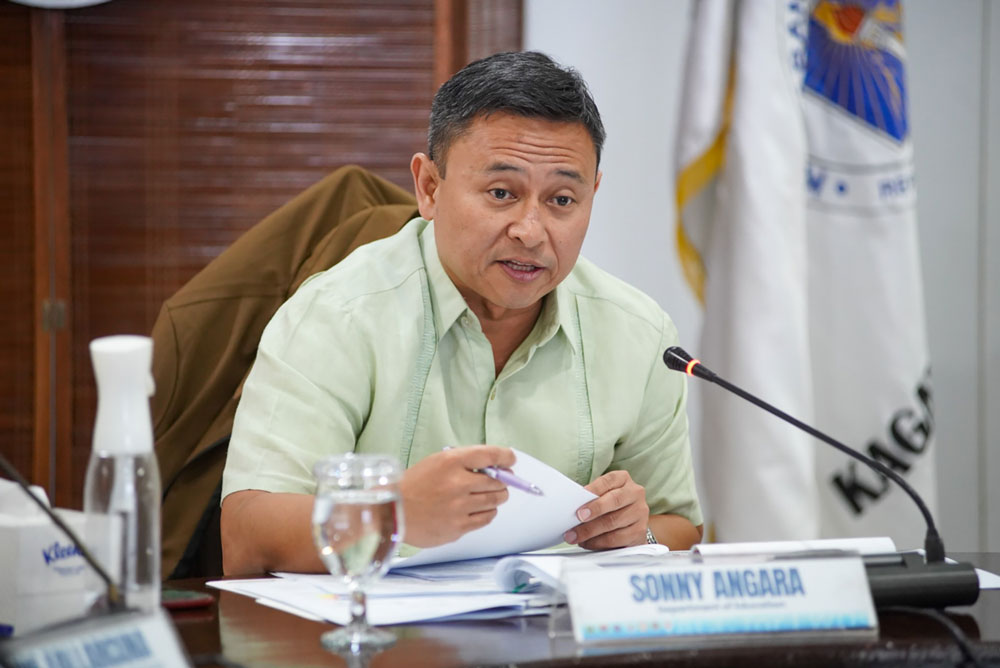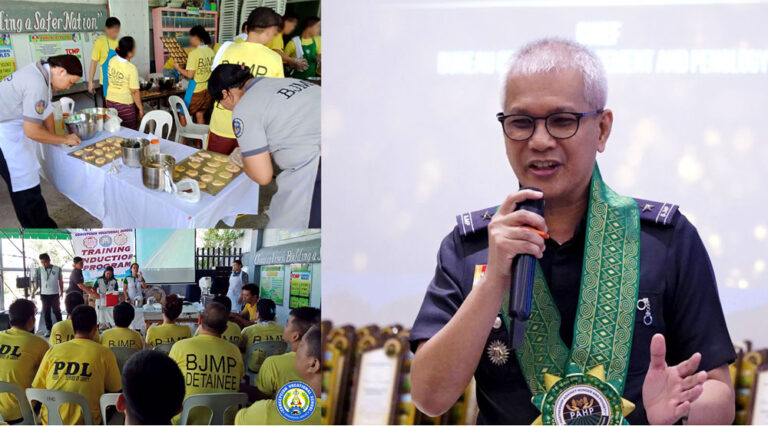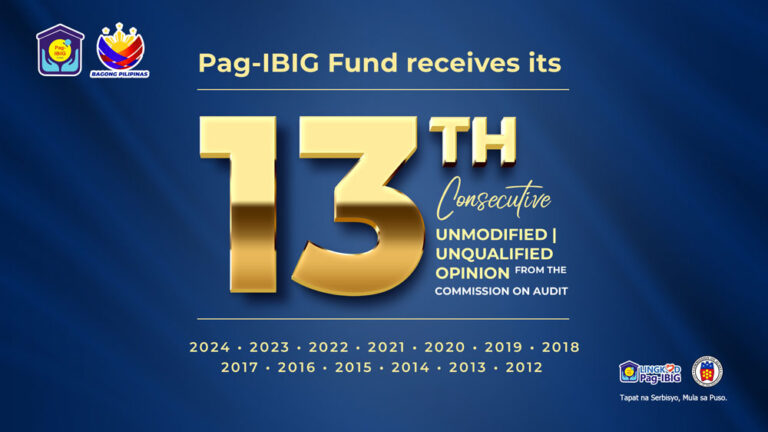
Department of Education Secretary Sonny Angara. (DepEd_PH X)
THE DEPARTMENT of Education (DepEd) on Monday pushed for digital innovation and integration of artificial intelligence (AI) to ensure inclusive education among learners with disabilities in the country.
In a statement, DepEd Secretary Sonny Angara said this initiative will help “empower and support” learners through more accessible learning resources.
“The Department is fully committed to harnessing technology not only for instruction but also for decision-making, resource planning, and inclusive service delivery,” he said.
These initiatives include expanded access to Special Education (SPED) resources through the conversion of SPED Centers to Inclusive Learning Resource Centers (ILRCs), with plans set for the establishment of virtual and satellite ILRCs.
Besides this, improvements in alternative delivery modes (ADM) and alternative learning system (ALS) alongside assistive technology and AI integration for learners with disabilities are also underway.
The DepEd-Education Center for AI Research (ECAIR) is also set to launch the Screening using AI-Based Assistance for Young Children (SABAY) Project as part of the modernized and timely identification of learners at risk of disabilities.
“Through the SABAY Project, we affirm our mission that every Filipino child, regardless of ability, deserves timely support and access to quality education. We are making sure that learners with disabilities are no longer left behind,” Angara said.
According to DepEd-ECAIR, the SABAY project is in its early stages, with parts being designed to automate the screening process and come up with outputs that are interpretable and realistic for determining needed support for learners.
To date, the DepEd is working closely with other government agencies including the Departments of Health, Social Welfare and Development, Public Works and Highways, Interior and Local Government, Finance, and Labor and Employment, as well as National Council on Disability Affairs, Technical Education and Skills Development Authority, Early Childhood Care and Development, Commission on Higher Education, and Professional Regulation Commission to realize these plans for learners with disabilities. (Stephanie Sevillano)



